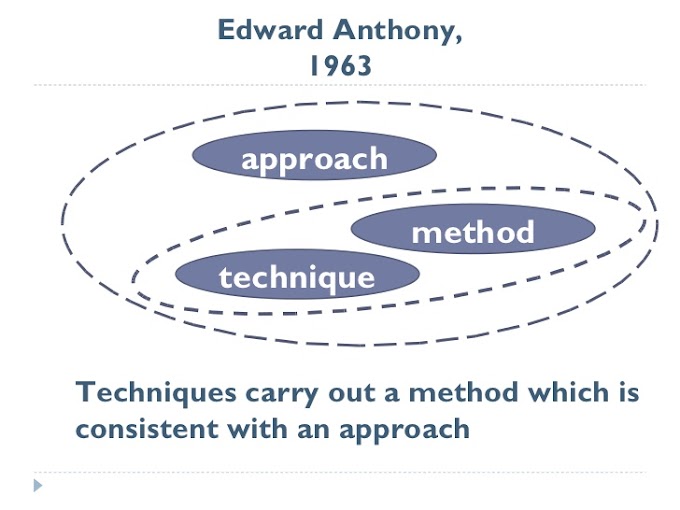Allegory:
An allergy is a detailed description of one thing under the image of another. It is a story or description, in prose or verse, in which ideas are symbolized by persons who are characters in the story and underlying meaning may moral, religious, political, social or satiric.
“The Faerie Queene” (canto 1, book 1) as an Allegory:
In book 1 of “The Faerie Queene” , as in other books, Spenser has shown the interaction of virtues and vices, and finally the triumph of virtue. He thought that this fight between viecs and virtue could better be expressed through allegories because moral instruction rendered plainly might be unpleasant for the readers.
“The Faerie Queene” contains different allegories:
1/Moral and spiritual allegory:
This allegory deals with the action and interaction of virtues and vices. The good characters stand for virtues and the bad characters stand for vices. The Red Cross Knight stands for Holiness, and lady Una stands for Truth, Goodness and Wisdom. Her parents symbolise Human race, and the Dragon who has imprisoned them stands for Evil. The mission of Holiness is to help Truth and flight against Evil and thus regain the rightful place in the human hear.
Book 1 of the epic may be interpreted in another way. The adventures of the characters represent in the rehearsal of the history of mankind includinga man’s defeat and enthrallment by Satan in the Garden of Eden and eventual deliverance through Christ’s encounter and finally defeat of Satan.
2/ Religious allegory:
This allegory deals with the important religious events of the age. For example, the Reformation of Churches might be interpreted allegorically. The Red Cross Knight stands for the reformed Church of England, fighting the corruption, Pride and manifold evils of Papacy, Paganism and Catholicism. The parents of Lady Una humanity and the foul Dragon who was imprisoned them is the Pope of Rome. Archimago symbolises the Hypocrisy of Papacy.
The mission of Una (Truth) is to restore her parents to freedom and in her encounter she is helped by the Red Cross Knight. In the other words , the people of England (the followers of the reformed Church) had to struggle against the evil and corruptions of the Catholic Church in order to restore the true Church of England.
3/ Personal and political allegory:
Spencer wrote epic especially for the glory of Queen Elizabeth and her courtiers , many of whom were his friends. The Queen was the Pride And glory of England. So, in Spenser's epic she is Gloriana, the Faerie Queene, who sets various adventures to her knights, symbolising the courtiers of the Queen of England.
Conclusion:
Spencer is sometimes criticized for mixing different kinds of allegories, all confused and obscure. But we must remember that he was not a poet turned reformer . He is more interested in his art than the teachings of morality. He used allegory because it was the fashion of the day. But Spenser is admired more as a painter in verse and a master musician than an allegorist.






0 Comments